Back to Courses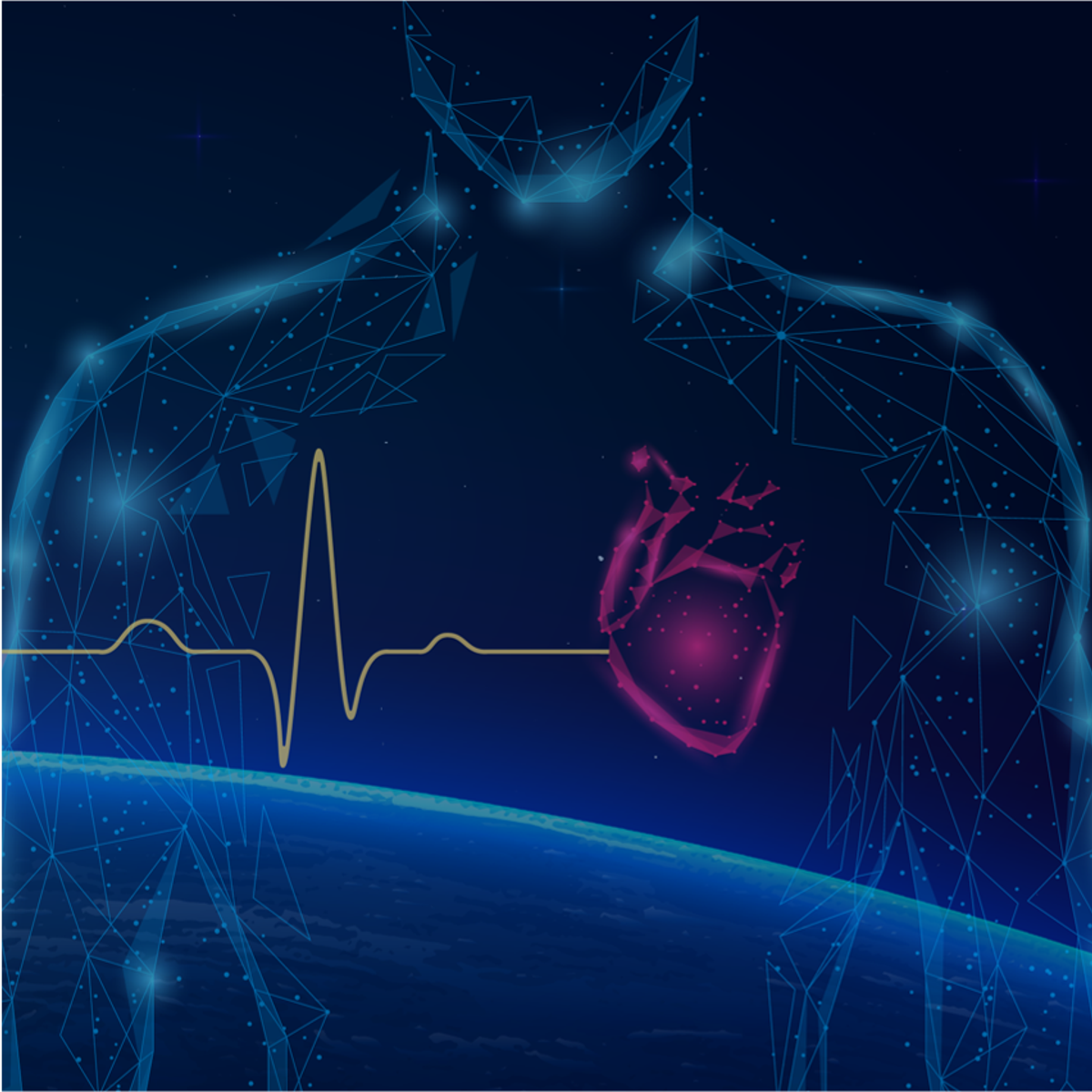



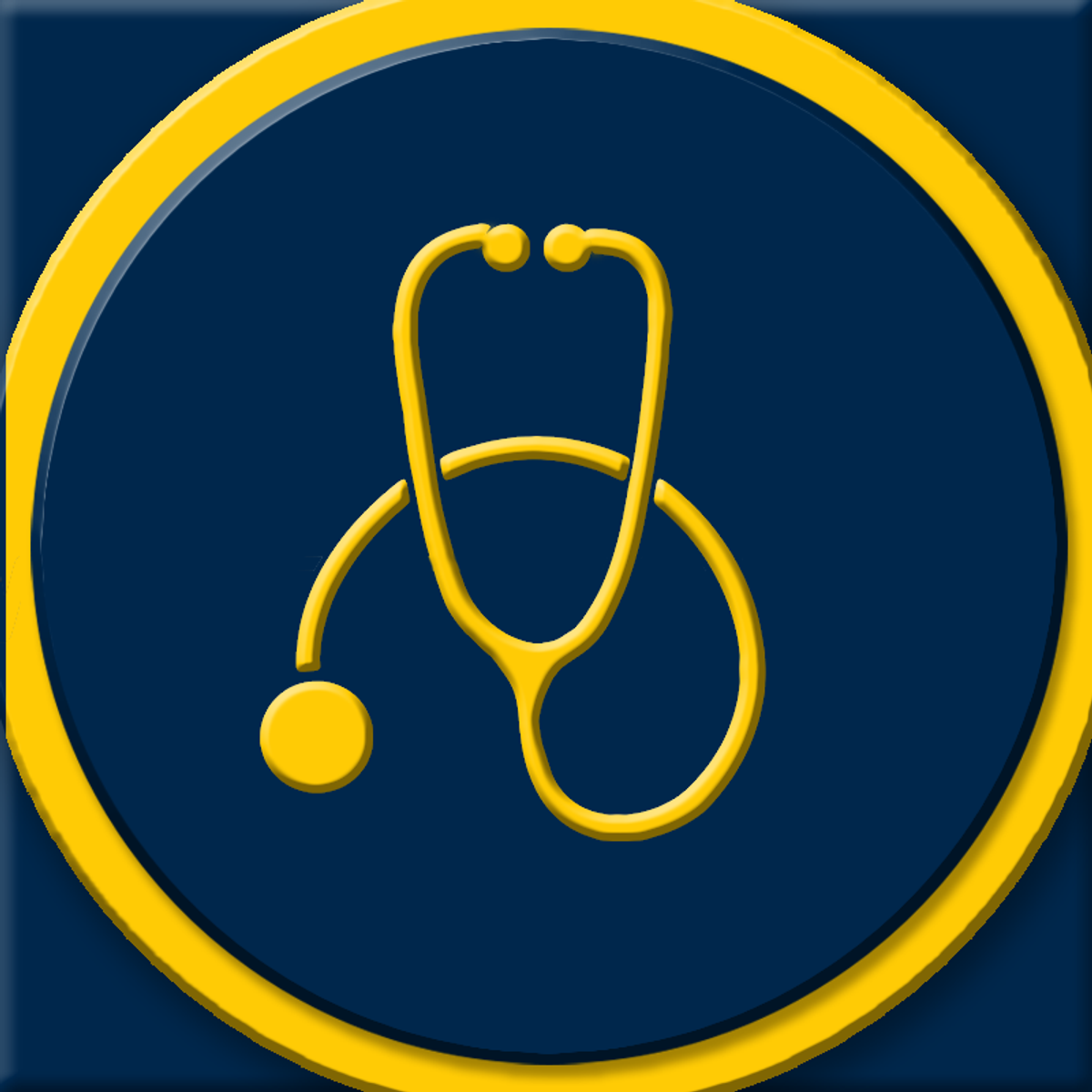
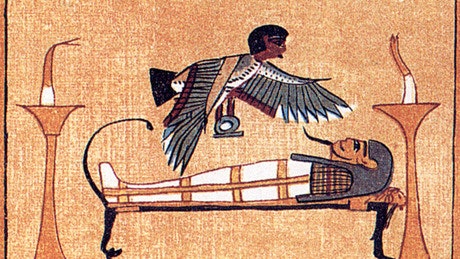

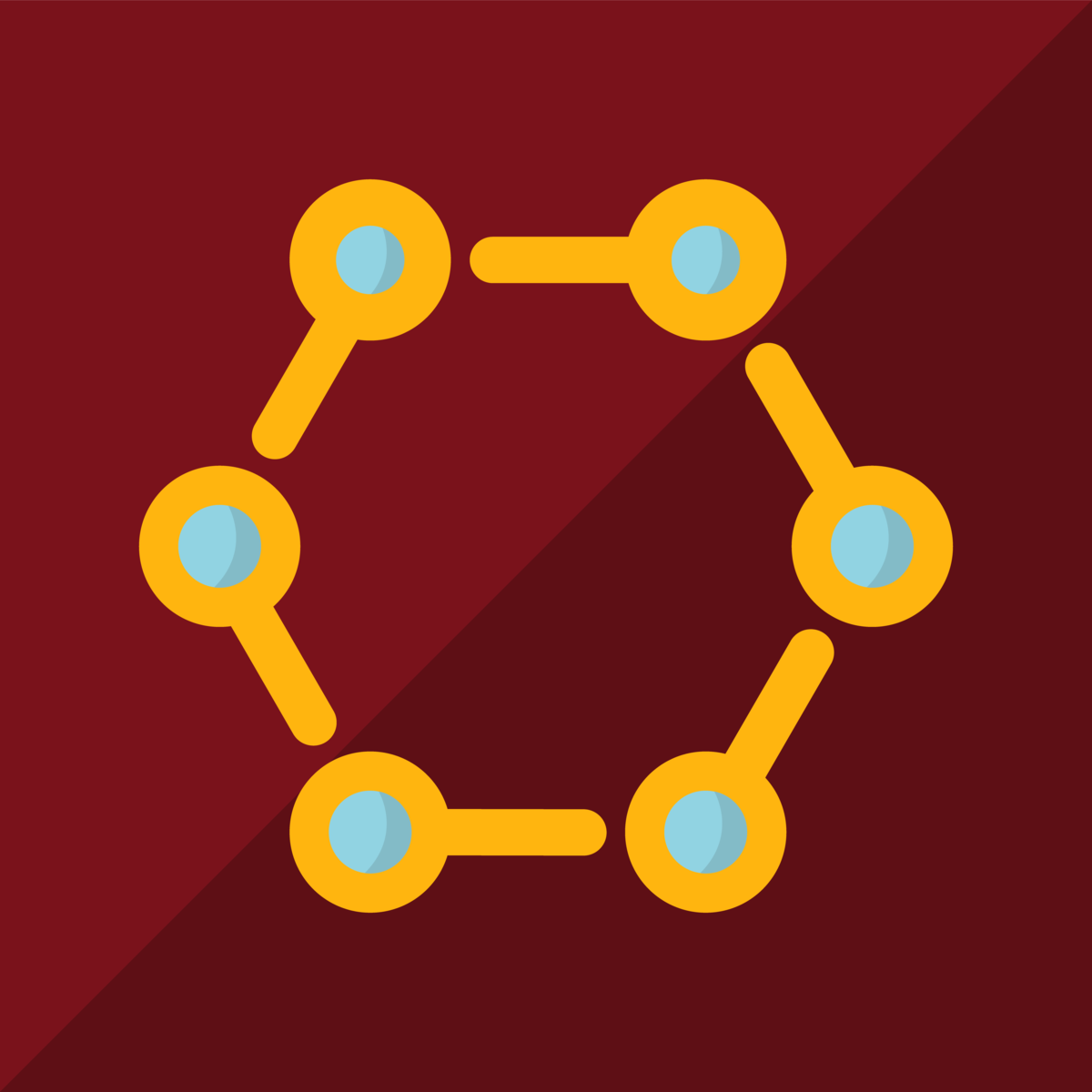
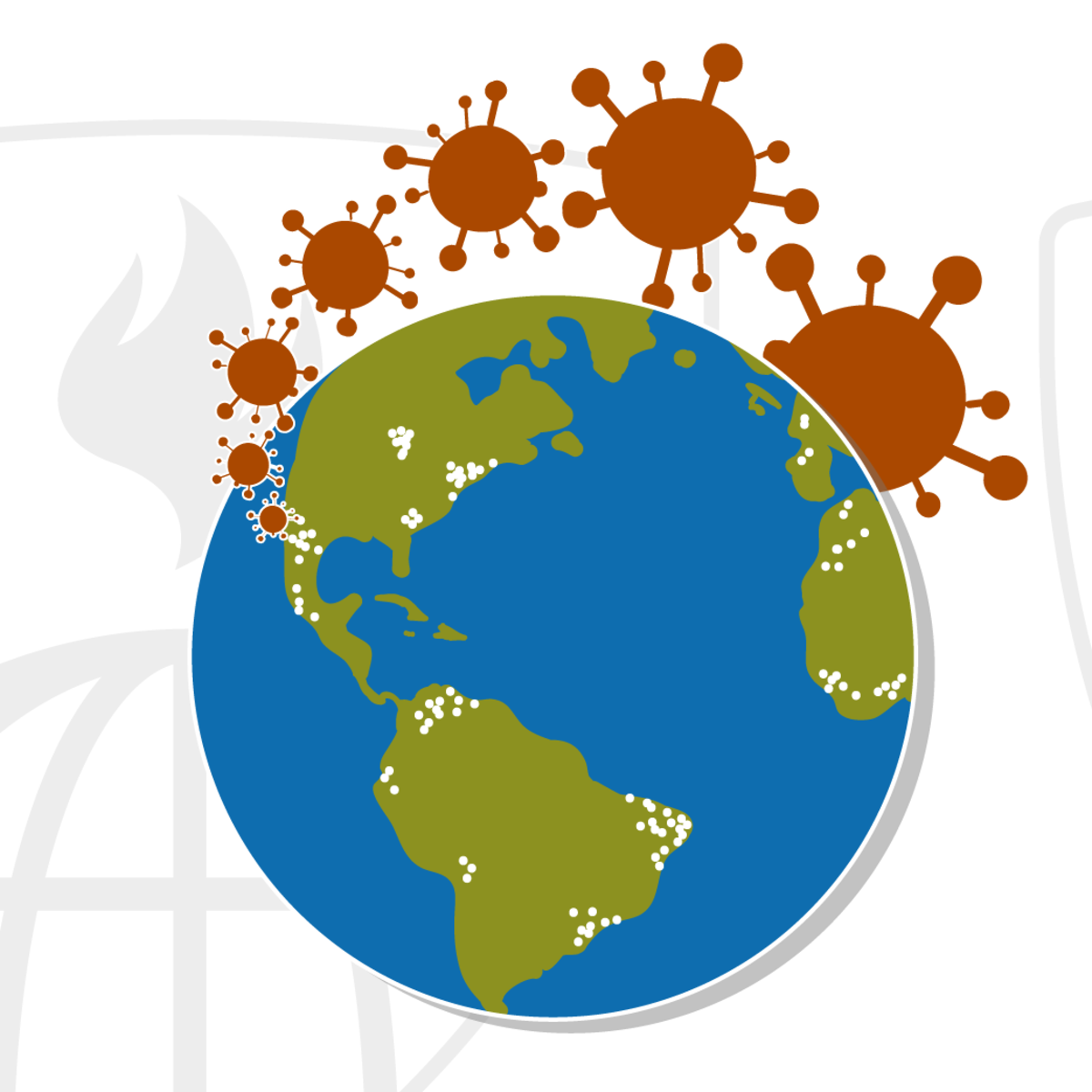

Life Sciences Courses - Page 20
Showing results 191-200 of 644

Space Medicine
Have you ever wondered what it would take for humans to travel beyond the comforts of our home planet, Earth? You are invited to join us in Space Medicine - an online experience facilitated by two recent Duke graduates in which you will learn about and engage in the most pressing medical challenges facing NASA and others advancing the future of space exploration.
Space Medicine is a free, non-certificate course featuring interactive modules and weekly live discussions. Participants will reflect on questions pertinent to the future of human health in space, such as:
- How do humans respond to extreme environments?
- How can engineers, doctors, and scientific researchers come together to prevent space related health issues before they occur?
- If future generations of humans attempt to live in space, what challenges will they face?
- Which evolutionary adaptations to living on Earth are useful to surviving a months- or years-long voyage?
No prior experience in science or medicine is required, as life science concepts will be introduced as necessary. At the end of the course, you will have gained valuable experience in applying modern medicine to space-based situations, from space flight to journeying to Mars.

Community Awareness Course: Sexuality and Disability
This community awareness course from the University of Minnesota Program on Human Sexuality will provide you with a solid introduction to human sexuality for those living with disabilities. Often there are assumptions that the disabled or differently abled people are not sexual, do not have sexual needs, or cannot be involved sexually. In this professionally produced one-hour course, you'll learn about the basics of disabilities and human sexuality. We'll then learn about three different conditions, Arthritis, Cerebral Palsy and Dwarfism, as examples of the sexuality related issues that people with these disabilities may face. In this course, you will 1) confront some of the societal myths and beliefs that are associated with sexuality and disability; 2) understand and foresee issues that may relate to fulfilling sexuality with regard to people with disabilities and the differently-abled; and 3) understand some of the physical barriers that people living with disabilities may need to deal with to be sexually active.

Evolution: A Course for Educators
How are all of the species living on Earth today related? How does understanding evolutionary science contribute to our well-being? In this course, participants will learn about evolutionary relationships, population genetics, and natural and artificial selection. Participants will explore evolutionary science and learn how to integrate it into their classrooms.

Positive Psychology
This course discusses research findings in the field of positive psychology, conducted by Barbara Fredrickson and her colleagues. It also features practical applications of this science that you can put to use immediately to help you live a full and meaningful life.

Translating Research to Patients
The second phase of translational research — known as “T2” — assesses the value of applying discoveries to clinical practice, which leads to the development of evidence-based guidelines. This course focuses on clinical trials, the value of applying discoveries to clinical practice, and best practices for conducting research. You’ll see examples of human subjects research through clinical trials that have been translated into practice and, later, into basic scientific discoveries. You’ll also discuss the role of the federal government in supporting and regulating translational research conducted on humans.
This is the third course of five in the “Translational Science” series.

Soul Beliefs: Causes and Consequences - Unit 3: How Does It All End?
Throughout history, the vast majority of people around the globe have believed they have, however defined, a “soul.” While the question of whether the soul exists cannot be answered by science, what we can study are the causes and consequences of various beliefs about the soul and its prospects of surviving the death of the body. Why are soul and afterlife beliefs so common in human history? Are there adaptive advantages to assuming souls exist? Are there brain structures that have been shaped by environmental pressures that provide the foundation of body/mind dualism that is such a prominent feature of many religions? How do these beliefs shape the worldviews of different cultures and our collective lives? What is the role of competing afterlife beliefs in religion, science, politics, and war? This course explores several facets of this relatively unexplored but profoundly important aspect of human thought and behavior.
The course consists mainly of 70 to 80 minute lectures, typically broken up into 3 segments, recorded from a course offered by Rutgers University School of Arts and Sciences. These videos include slides and some embedded video clips. Most lectures are accompanied by slides used during the lecture, also including recommended reading assignment which may provide additional opportunities to reflect on your studies.
Due to the lengthiness of this class and natural progression, the online course has been separated into 3 units, this is Unit 3.

Information Extraction from Free Text Data in Health
In this MOOC, you will be introduced to advanced machine learning and natural language
processing techniques to parse and extract information from unstructured text documents in
healthcare, such as clinical notes, radiology reports, and discharge summaries. Whether you are an aspiring data scientist or an early or mid-career professional in data science or information technology in healthcare, it is critical that you keep up-to-date your skills in information extraction and analysis.
To be successful in this course, you should build on the concepts learned through other intermediate-level MOOC courses and specializations in Data Science offered by the University of Michigan, so you will be able to delve deeper into challenges in recognizing medical entities in health-related documents, extracting clinical information, addressing ambiguity and polysemy to tag them with correct concept types, and develop tools and techniques to analyze new genres of health information.
By the end of this course, you will be able to:
Identify text mining approaches needed to identify and extract different kinds of information from health-related text data
Create an end-to-end NLP pipeline to extract medical concepts from clinical free text using one terminology resource
Differentiate how training deep learning models differ from training traditional machine learning models
Configure a deep neural network model to detect adverse events from drug reviews
List the pros and cons of Deep Learning approaches."

Introduction to Integrative Nursing
This course is designed for nurses who are drawn to practice in a different way – nurses who value whole-person care and know that the essence of nursing practice is truly caring and healing. You will learn about the principles and practices of Integrative Nursing and how you can be a healing presence to all you serve. Then, you will do an integrative assessment and apply the principles of Integrative Nursing to improve symptom management and overall patient outcomes. Finally, you will explore ways to become a leader in Integrative Nursing and create new patient care models.
Continuing Education Credits
This course has been designed to meet Minnesota Board of Nursing continuing education requirements for 12 contact hours and may be eligible for CE credit from other professional boards that allow self-documenting of continuing education activities. It is your responsibility to check with your regulatory board to confirm this course meets your local requirements and, if necessary, to provide them with the certificate of completion you get if you pay for and fulfill all the requirements of this course.

Outbreaks and Epidemics
Professional epidemiologists are often called on to investigate outbreaks and epidemics. This course serves as an introduction to the essentials of investigation, identifying pathogens, figuring out what's going on, reporting, and responding. You'll learn how to ask precise epidemiologic questions and apply epidemiologic tools to uncover the answers. You'll also learn about basic epidemic dynamics and the terrible law that cause them to grow, as well as the reasons why they recede and eventually go away. The course concludes with deep dives into some real outbreaks from Ebola, in West Africa, to the opioid epidemic in the United States.

EDIVET: Do you have what it takes to be a veterinarian?
This course is for anyone interested in learning more about Veterinary Medicine, giving a “taster” of courses covered in the first year of a veterinary degree and an idea of what it is like to study Veterinary Medicine.
Popular Internships and Jobs by Categories
Find Jobs & Internships
Browse
© 2024 BoostGrad | All rights reserved